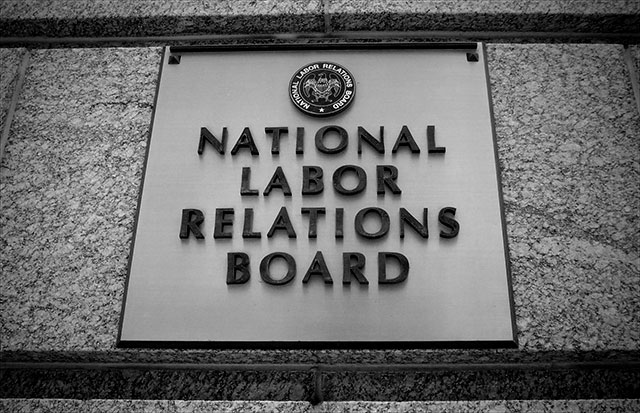The split circuit makes it more likely that the Supreme Court will want to weigh in to settle the matter.
Earlier this year, the Ninth and Seventh Circuits ruled against the terms of employment, in the cases involving Ernst & Young and Epic Systems. The Fifth Circuit Court of Appeals, meanwhile, sided against the NLRB in recent litigation involving energy exploration company Murphy Oil.
As Reuters noted, the NLRB has declared class action waivers illegal, in cases involving American Express, Citigroup and Domino’s Pizza.
The Supreme Court, however, will be less likely to issue a decision that would set a precedent, if it takes up the matter before Antonin Scalia’s successor is approved by the Senate. A deadlocked 4-4 ruling would see appellate circuit decisions hold sway.
Scalia was a huge champion of class action defendants, which are often massive corporations.
In 2011, he wrote the majority opinion in a 5-4 ruling against 1.5 million women that had sued Walmart for discrimination. Two weeks after Scalia’s death, Dow Chemical settled a class action antitrust lawsuit for $835 million, noting there was an “increased likelihood for unfavorable outcomes.”
If the Senate were to confirm Merrick Garland and the Supreme Court were to take up class action waivers, it’s likely that Garland would rule with the labor regulators.
As member of the DC Circuit Court of Appeals, Garland has ruled in 21 cases involving the NLRB. He has sided with the board 17 times.
Source: www.truth-out.org




